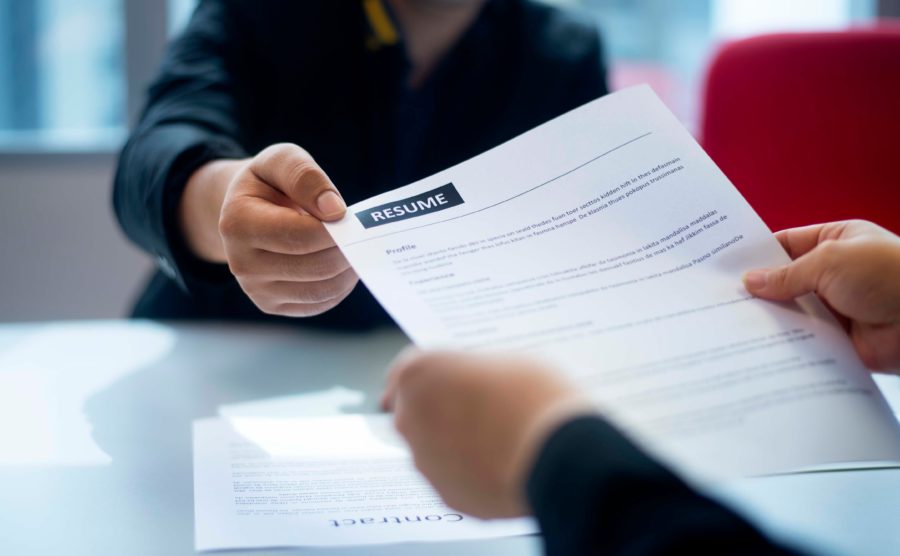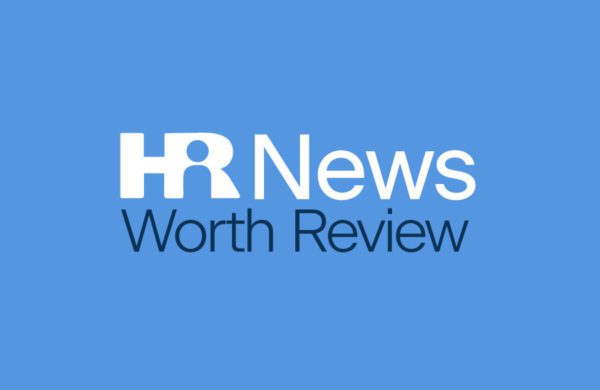So, you’re in the throes of a hiring campaign, conducting job interviews and looking at the wealth of suitable candidates. Many of them have excellent resumes, sound industry work experience and the right personality to fit with your team – and company culture. They’ve reached your shortlist, and now it’s time to conduct background checks and make sure everything adds up. Where do you start?
In this article, we’ll explore the reference check questions you should ask in several hiring situations about the references that your potential new hires have supplied. Let’s start with the essential reference questions to ask during your employee reference checks.
What questions should I ask for a reference check?
When hiring a new employee, it’s always wise to check references to make sure you’re hiring the right person for the job. It’s also vital to verify a candidate’s work ethic, sincerity, strengths and adaptability. In conducting a reference call, you should ideally connect with a former manager or former colleague in hopes of learning more about your candidate’s past job responsibilities, work style and more.
When conducting a reference check, you should ask questions like:
- Can you confirm you worked with the candidate?
- Can you confirm the candidate’s dates of employment?
- How would you rate this person’s job performance?
- Would you rehire this person?
- Why did the candidate leave the past position?
- What skills does the candidate bring to the table?
While these questions serve as a great starting point, it’s critical to carefully consider the responsibilities of the position you’re trying to fill, along with other company-specific considerations.
This is the short answer for how best to approach reference calls for job candidates. Now let’s take a more in-depth look at how to make sure references stack up with our list of the 12 best questions to ask in a reference check.
12 Great Questions for Professional References
- Could you please confirm [candidate’s] role within your company, job title, salary and job functions during his/her employment with your company?
- Would you rehire [candidate] for the opportunity that arose? Why or why not?
- What is your relationship with [candidate]?
- How did [candidate] relate to other employees and his/her management?
- Can you outline the reasons [candidate] left the role?
- Is there any particular information you can divulge to enable me to manage [candidate] successfully?
- What attributes do you think [candidate] has to make him/her a good fit for the role he/she has applied for?
- Can you detail [candidate’s] strengths and weaknesses?
- How would you rate his/her communication skills and listening skills?
- What was it like to work alongside [candidate] during his/her employment?
- Is there any other information you feel is important to know?
- Is there anyone else important within this candidate’s team who could provide further insight?
You can ask these questions via a reference call or email.
However, it’s always a good idea to try to talk directly with the reference contact over the telephone, as it will help you pick up on any subtle nuances with regards to your candidate that you may not catch in an email or traditional mail. Whether by telephone or email, make sure you pay particular attention to and make note of any potential situations they describe that could potentially be a red flag. Also, make sure you note exactly who you spoke to and an overview of the discussion.
Why are professional references important?
According to Career Builder, a bad hiring decision can cost a company nearly $15,000 in training costs and other expenses. Another startling fact is that three in every four employers are adversely affected by employing the wrong candidate. As these statistics demonstrate, making the wrong hiring decision can be very costly.
Practicing due diligence, interviewing painstakingly, asking the right questions and making sure you spend enough time checking your candidate’s references are the best ways to ensure you don’t make a costly employee error.
There are many other checks to complete alongside references, including checking a potential hire’s social media accounts, traditional background checks, using the interview for face-to-face scrutiny and pursuing job references.
A reference check will ultimately be the most efficient way of developing a clear picture of candidates’ past work history, work ethic and how they perform on the job. Reference checks also play a massive role in deciding whether a candidate would make a good employee. There are a few ways in which they can assist with your hiring process.
References give hiring managers the ability to verify specific facts from a potential hire’s resume, along with a window to how the candidate performed at the former organization. As a potential new employer for a candidate, it’s crucial to obtain a list of professional references. The resume of your potential new employee will have listed the most important references you should speak with and who the candidate has given you permission to contact.
Due to the likelihood of candidates naming references biased in their favor, many HR professionals and hiring managers also seek out supplementary references. That said, it’s important to remember that if you want to do your own research, you should get written consent from the candidate first. Assuming you have permission from your candidate, speaking with someone who works for the past employer can often bring up better insights to how the potential new employee may act in your workplace.
Is there anything I can’t do or ask when referencing potential candidates?
Now that we’ve looked at the essential questions you can ask your candidates, let’s take a look at some things not to do when vetting potential new employees.
Don’t request any information that could be discriminatory. Some questions are simply off-limits in the interview process. In performing a reference check or interview, you should always stay clear of questions involving:
- Sexuality
- Age
- Ethnicity
- Marital status
- Any characteristics with no bearing on a candidate’s ability to perform required duties
Do be aware that asking questions on these subjects could lead to legal trouble. So it’s crucial to inform your HR department, team managers and anyone else involved in your interview processes that these subjects are totally out of bounds.
And Finally…
Conducting reference checks on job candidates is a great way to get a full picture of a person’s background, work history and overall suitability for a role. Gathering this information is a critical part of successful hiring for any organization. References can be misleading, so it’s important to remember that the past should not wholly define a person.
While references are a terrific starting point for understanding a potential hire’s fit for the role, you should also carefully consider the candidate’s personality, cultural congruence and skills. Taking all these factors into consideration is the best way to ensure you’re attracting top talent who can help take your business to the next level. Contact our HR Services to find out how we can help!





